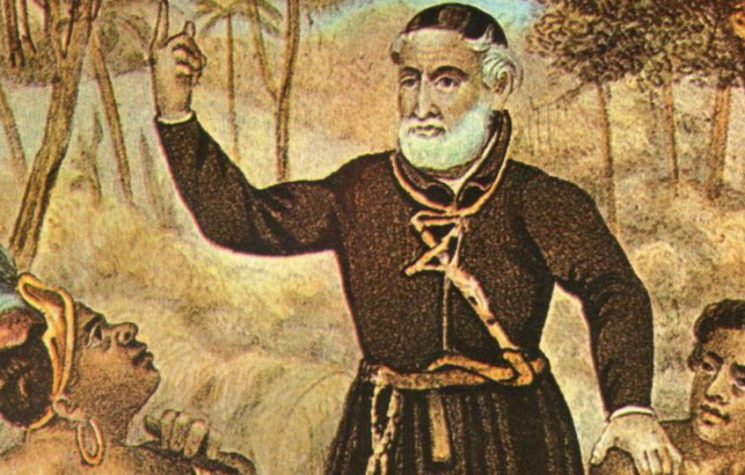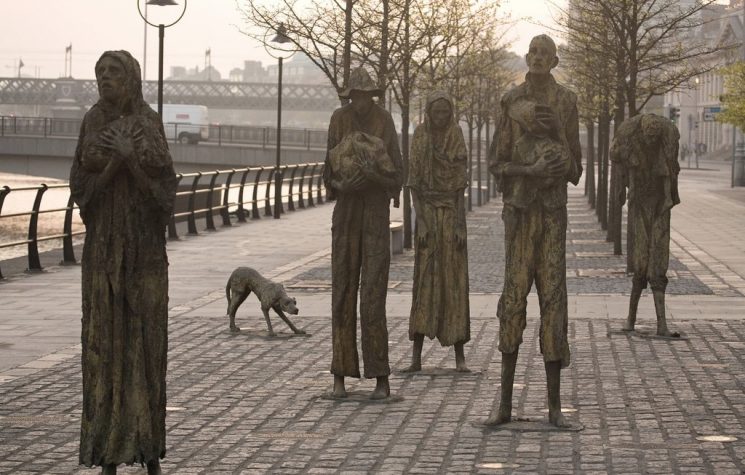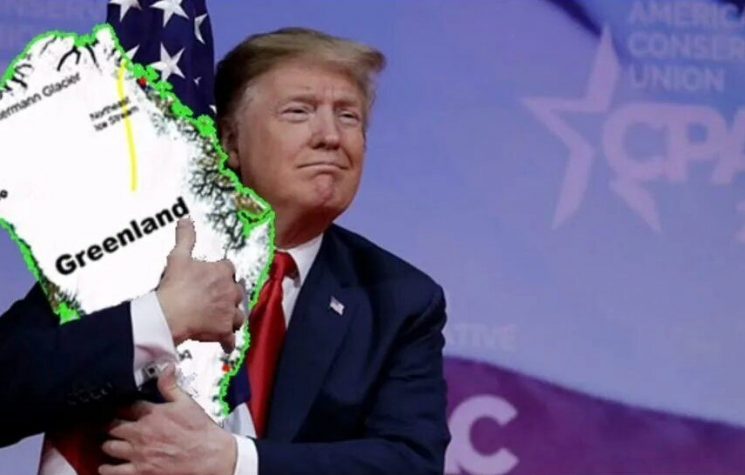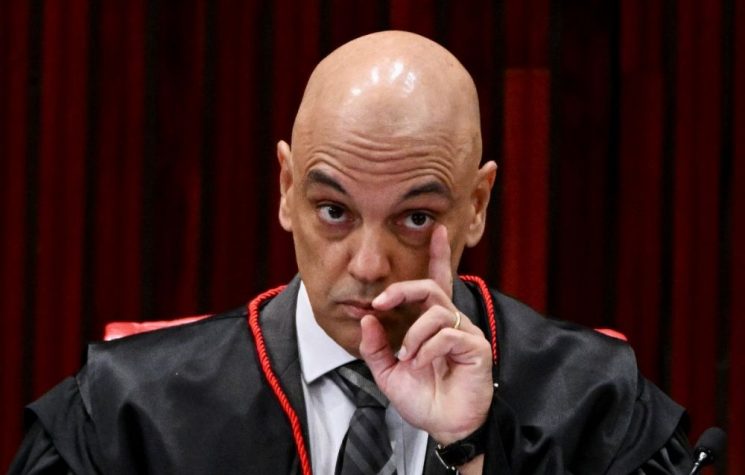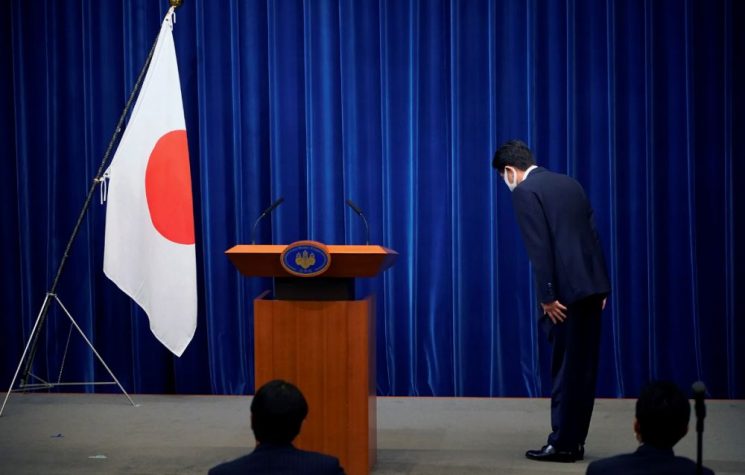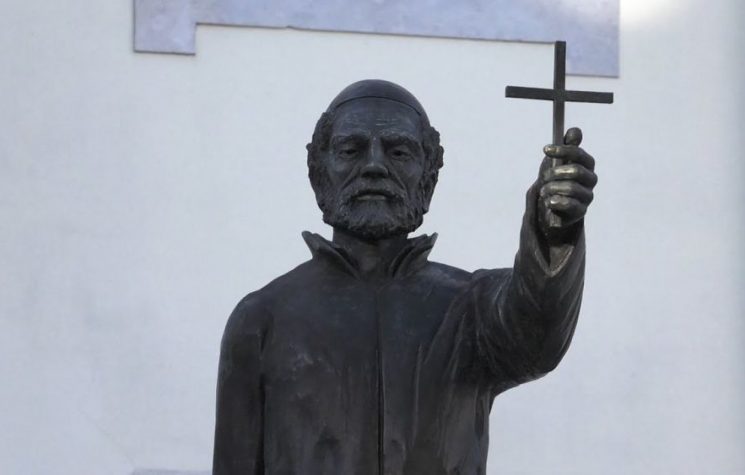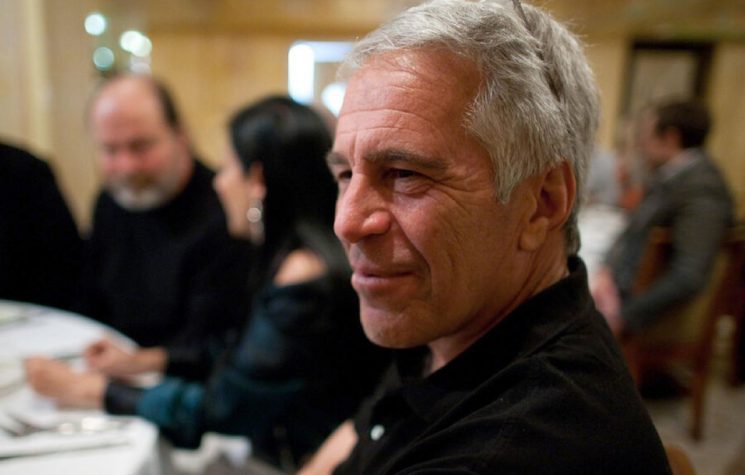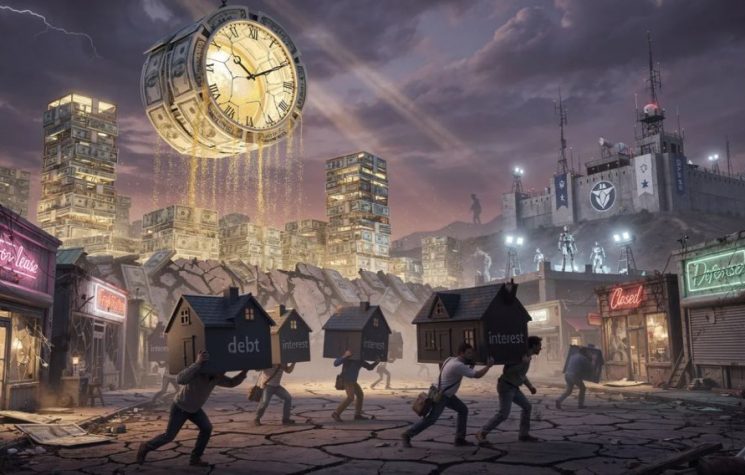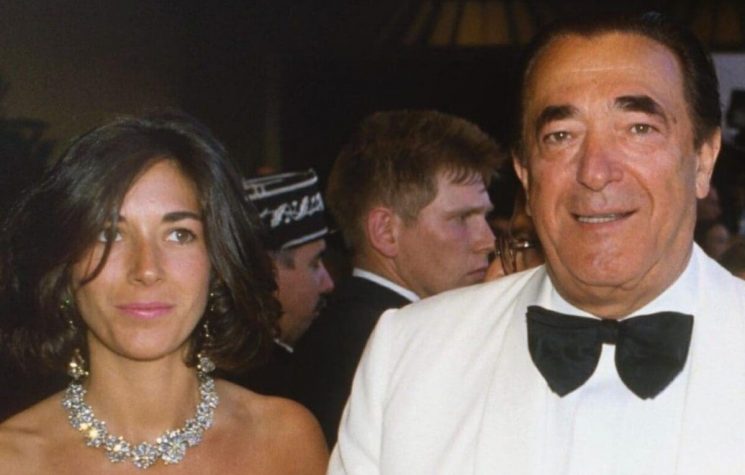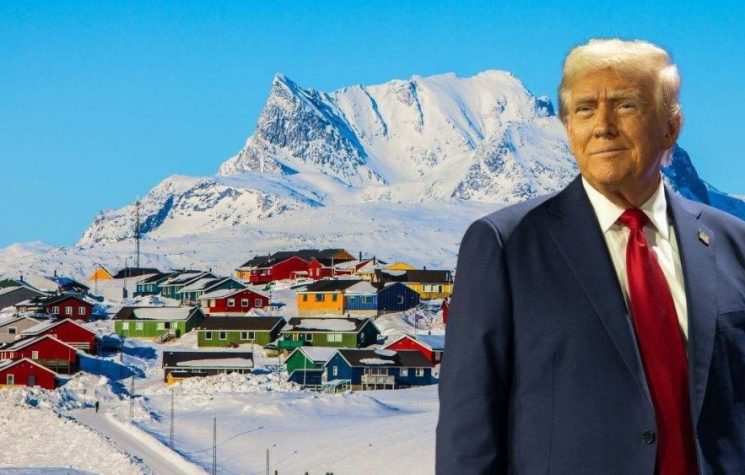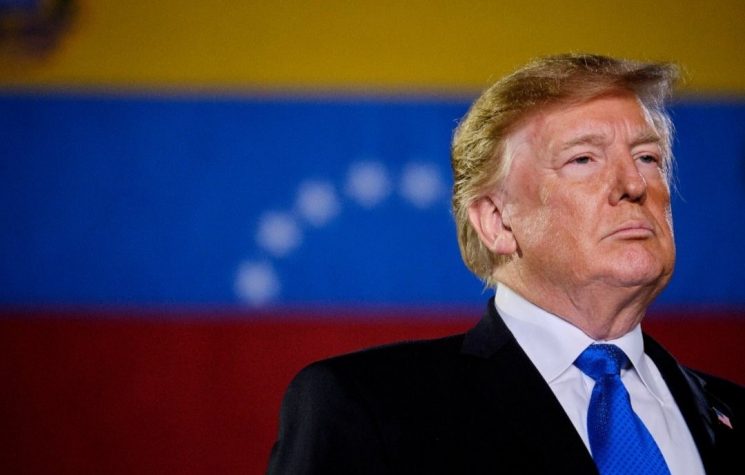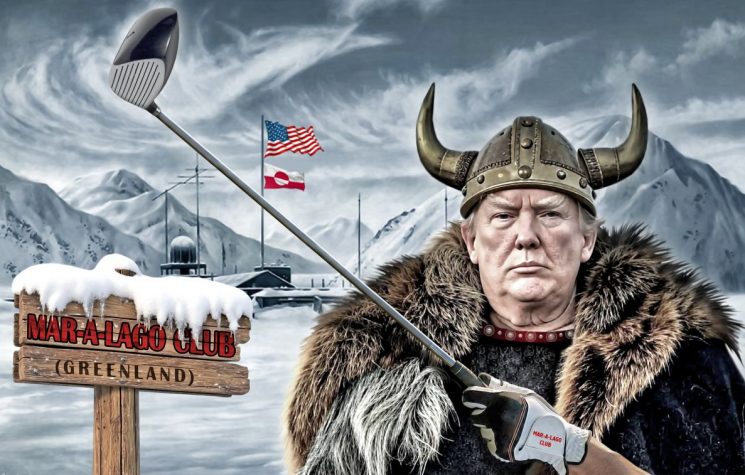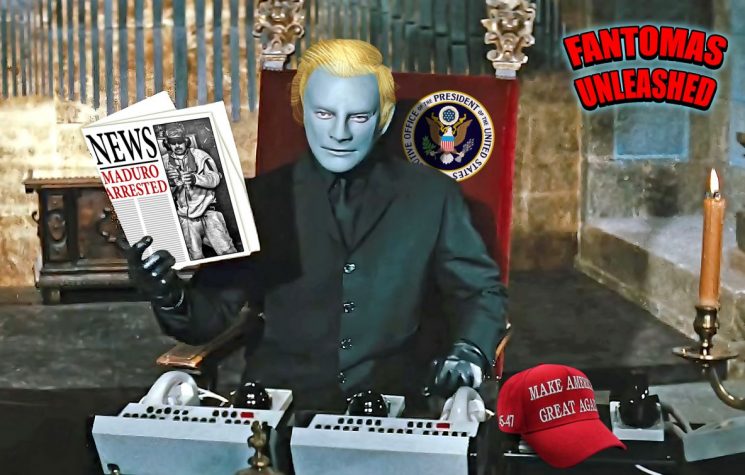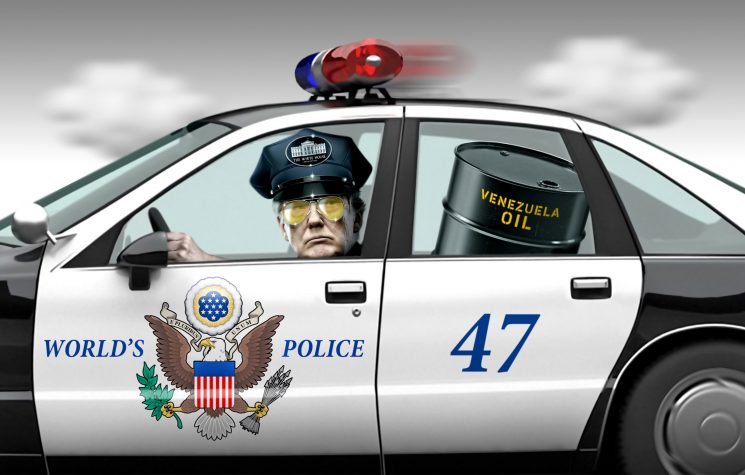It is necessary to have a recent History at hand that covers the world scenario. Fortunately, the Canadian Quinn Slobodian fulfills this role as a historian dedicated to explaining recent events.
Contact us: info@strategic-culture.su
A non-controversial statement is that, in our historical period, we have witnessed an avalanche of important events in world politics. Its corollary is the need of having a recent History at hand that covers the world scenario. Fortunately, the Canadian Quinn Slobodian fulfills this role as a historian dedicated to explaining recent events. His specialty is “International History”, a field that sounds vague, but is as necessary as the international mechanisms grow. I read two interesting works by the same author: Globalists, from 2018, and Crack-Up Capitalism, from 2023.
It can be said that one is the continuation of the other, and that both deal with the metamorphoses that the State has undergone under pressure from apologists for market societies. In Globalists, Slobodian narrates the birth of neoliberalism and places it in Interwar Austria. With the end of the Austrian Empire, liberals intended to create a global system of norms in order to protect the free market. Thus, neoliberalism is not a laissez faire economic doctrine; rather, neoliberalism is a legal ideal. This legal ideal aims to establish a global order composed of national states with limited sovereignty, subject to the protection of property promoted by supranational entities such as the WTO. Neoliberalism would be an attempt to revive the Austrian Empire on a global level, in which several ethnicities coexisted under a single liberal regime. If Schmitt pointed out and criticized the separation between imperium (political power over subjects or citizens) and dominium (power over property) in modern capitalism, neoliberals saw it as a means of keeping dominium protected from imperium. National states would have imperium over their citizens, but would not have dominiun over properties. Important names in this movement are Mises, Hayek, Heilperin and Röpke.
This theory responded to the wave of nationalization of properties by strong states during wars, a wave which only grew with the decolonization process in Africa and Asia. Of course, a refined defense of private property on a global scale aroused the interest of capitalists around the world – especially in the USA, where part of the business class has always offered resistance to the New Deal. A symbol of the arrival of neoliberalism in the USA was the arrival of a handful of German-speaking theorists to assist in Barry Goldwater’s campaign for the White House in 1964.
The book’s time frame goes from the Interwar period, with the Austrian School, to the creation of the WTO, in 1995, which replaced the discreet GATT created in the post-war period. As for the UN, neoliberals sought to expand the concept of human rights to include the right to capital flight. The proponent of this was called Philip Cortney, born in Romania, and the movement took place in the 1940s. He was a pupil of the Polish Michael Heilperin.
Incredible as it may seem, neoliberals generally saw themselves as in favor of democracy. Hayek considered it a means of relieving social tensions. By letting the people choose a representative, legitimacy and peace were gained. However, the invasion of imperium over dominium was a risk for democracies with universal suffrage: whether out of demagoguery or common sense, politicians who want to please the electorate promote income redistribution and meddle in large companies, especially when foreign.
What is the solution? The United States offers an inspiration, as there the power of universal suffrage was long ago overcome by the Supreme Court. Hayek’s solution is a hyper-regulated democracy, with a strong constitution, and, therefore, a strong Supreme Court. It is as if Common Law were the product of a natural evolution and the Supreme Court only endorsed the result of such a process. It is a worldview that combines with Anglo-Saxon conservatism, but which also fits like a glove with social Darwinism. This neoliberal current that considers that order (be it legal order, or commercial order, or political order, etc.) emerges from natural selection by standing the test of time is called ordoliberalism.
But the point is that neoliberals, instead of simply attacking the state, sought to distort it. In spite of its problems, historically, the state was thought of as an entity that serves the common good. Suddenly – and with a lot of sponsorship from interested parties – the state began to be thought of as an entity that must serve the market.
The ethical consequences are tremendous; after all, there is no longer room for human dignity when man is seen as a sheer consumer. With its advanced state euthanasia program, Canada points the way out to those who have no market value.
Looking at the world around us, we have to say that neoliberalism was victorious: society spends a lot of energy debating this politician versus that politician without there being any possibility of real and profound changes. In Brazil, no president can combat Malthusian environmentalism or monetary policy without being accused of “attacking institutions”. The most important Western country in the world shows that the position of president is so irrelevant that it can be occupied by a demented person.
In this context, political representation was replaced by aesthetic representation. Let’s vote for a black woman, or a Christian influencer, to feel empowered and represented.
As expected, neoliberalism causes political crises throughout the world, because it cannot hide its lack of legitimacy. Politicians and governments known as “populist” or “extremist” are popping up around the world. However, what neoliberalism manages to do is to hide itself. As the role of the State has been demeaned, making people believe that the only legitimate State model is the neoliberal one, many people, including neoliberals, will conclude that all the discomfort is generated by the State as such. The problem starts to be formulated in terms of “more State” or “less State”, when it should be formulated in terms of the nature of the State.
Therefore, the neoliberal march tends to break down into anarcho-capitalism, the revolt against the State as such. As we will see in the next text, following the Friedman family through Slobodian, this revolt was felt not only by the people, but also by the liberals themselves.

















